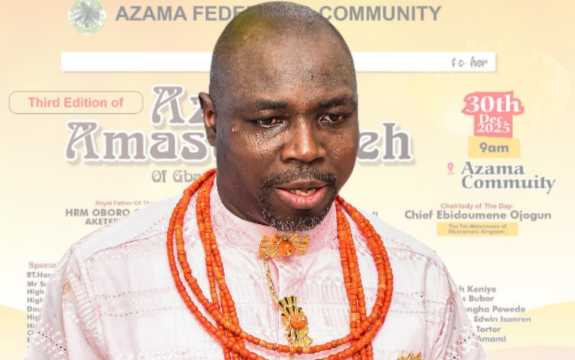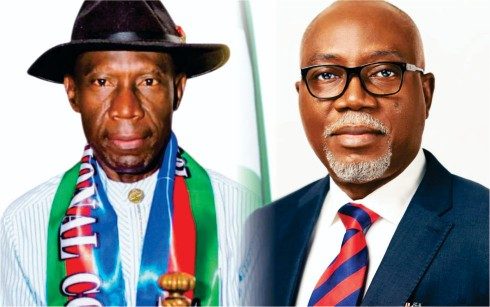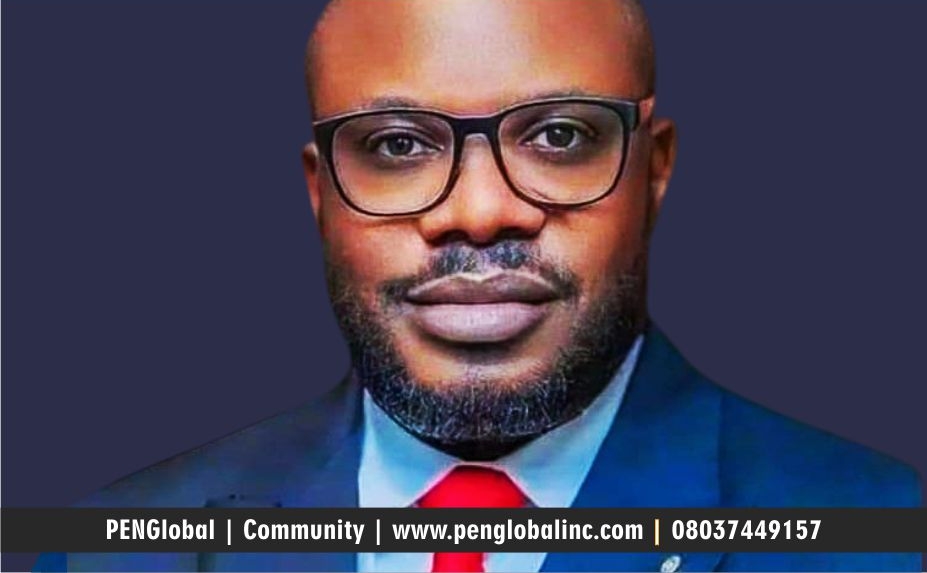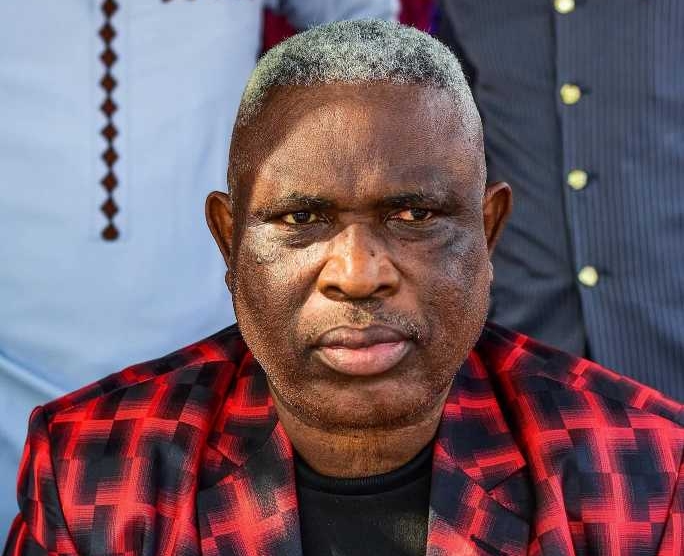TESTIMONY: Okirika's activism not confined to traditional, but political freedom — Bozimo
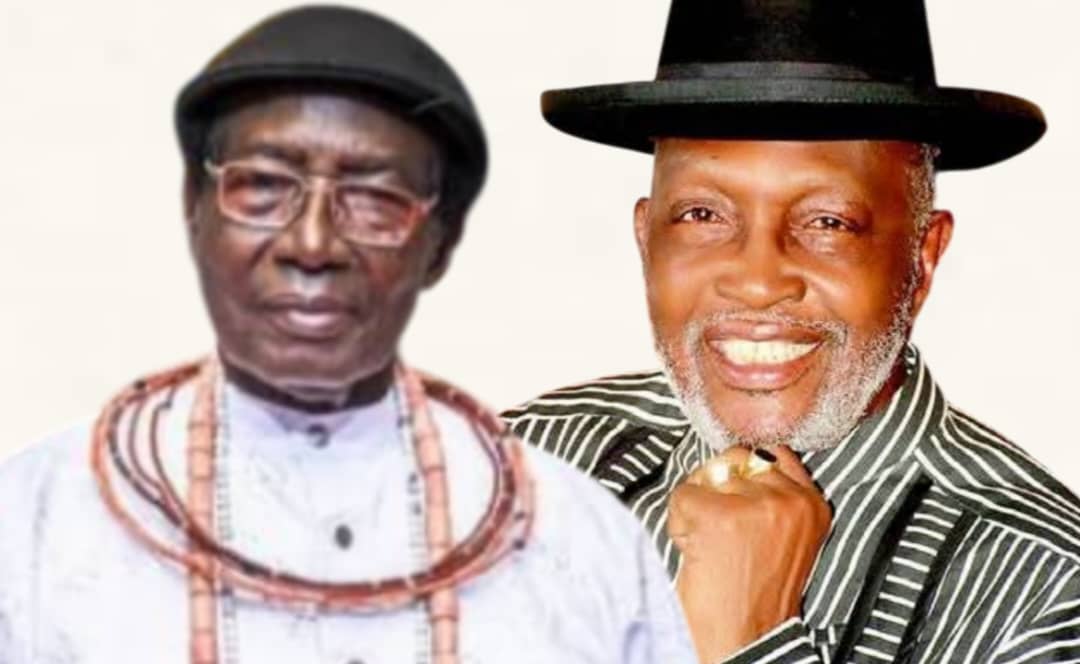
Did you know that two key astounding contributions of Okirika's activism are the achievement of freedom for Warri Ijaws' Traditional Rulers and the historic 13 per cent derivation fund earmarked to be paid to host communities producing oil and gas?
In this brief testimony on the activism of Chief (Dr.) Wellington O. Okirika (JP) CON by a former Commissioner for Information, Health, and Lands and Surveys in the old Midwestern State, Alawei Broderick Bozimo, revealed the passion Okirika demonstrated in his relentless efforts that led to the freedom of the Ijaw Traditional Rulers in Warri as well as the historic establishment of the 13% Derivation Fund that became the nickname of the pioneer chairman of the Delta State Oil Producing Areas Development Commission (DESOPADEC).
The testimony of Bozimo is culled from the book, "Mr. 13% Derivation Fund: The Life and Legacy of Chief (Dr.) Wellington O. Okirika CON", as authored by Amb. Dr. Jerry Abiri, from Chapter 15 "The Dogged Patriot". Excerpts:
In the labyrinth of Nigeria's political and cultural evolution, few alliances were as consequential—and as enduring—as that between Alawei Broderick Bozimo and Chief Wellington Okirika. Their story, forged in the flames of marginalization and united by a common dream, tells of a vision for the Ijaw people that refused to die.
A seasoned legal practitioner, Bozimo had already distinguished himself by the early 1970s, having been called to the Bar in 1971. In the turbulent mid-70s, during the Murtala-Mohammed military regime, he served as Commissioner for Information, Health, and Lands and Surveys in the old Midwestern State, which later became Bendel and then Delta State. It was during this season of service in 1975 that fate crossed his path with a determined young man—Wellington Okirika.
Wellington was then a recent graduate of the University of Ibadan, where he studied Agricultural Sciences. He was working in the Ministry of Agriculture's Forestry Division—an unusual position for a young Ijaw man at a time when indigenous representation in public institutions was scarce. Bozimo himself, a youthful Commissioner, was immediately struck by the clarity of vision and courage that Wellington brought into every conversation. Their bond was cemented by a shared desire, a desire to rewrite the status quo for their people.
"He came to me," Bozimo recalled, "and said they wanted a kingdom for the Gbaramatu people." That singular declaration would ignite a movement. At the time, the political landscape of the Warri region was dominated by the Itsekiri monarchy. The Olu of Warri reigned with wide jurisdiction, often stretching into Ijaw enclaves like Gbaramatu, Egbema, and Ogbe-Ijoh. Though these Ijaw communities had their historical structures and spiritual heads, colonial oversight had rendered their institutions obsolete or invisible. The need for restoration was urgent, but daunting.
Wellington was undeterred. He made frequent early morning visits to Bozimo's home, demanding updates, pressing for progress. "He would wake me up," Bozimo laughed, "and say, 'How are we going?'" Bozimo was moved, not just by Wellington's persistence, but his personal sacrifices. While Bozimo remained tied to officialdom, Wellington traveled to Ibadan and other locations, combing archives for colonial era documents that proved the pre-existing sovereignty of Ijaw communities. His findings fueled the now historic campaign to revive the Gbaramatu kingdom.
The movement gained momentum, with others joining the cause—Chief Alfred Bubor and Chief J.G.B. Ari, among them. Together, these young men formed the intellectual and strategic core of the restoration effort. They were relentless.
"In all honesty," Bozimo stated, "but for the efforts of someone like Chief Okirika, we would not have gotten the Gbaramatu Kingdom." Their persistence paid off—not only was the Gbaramatu Kingdom officially recognized, but so too were the Egbema and Ogbe-Ijoh kingdoms. Their cultural dignity was reclaimed. Yet, Wellington's activity was not confined to the traditional. Political freedom was the next frontier.
Post-commissionership, Bozimo joined the Nigerian People's Party (NPP), inspired by the likes of Nnamdi Azikiwe. But the Ijaw struggle for political relevance was met with stiff resistance. Election victories proved elusive, often snatched away by systematic rigging and the political machinery of the ruling National Party of Nigeria (NPN). Still, Okirika refused to yield. He understood that symbolic recognition without political leverage would not suffice.
Perhaps Wellington Okirika's most defining contribution was in the fight for resource justice. The Niger Delta, rich in oil yet impoverished in infrastructure, was bleeding from decades of exploitation. Chief Okirika championed the cause for derivation, demanding that a portion of Nigeria's oil wealth return to the communities that produced it.
"He was relentless," Bozimo said. "In fact, during our PANDEF meetings with Chief Edwin Clark and others, whenever the agenda came up, Okirika would rise and shout, '13 percent!'" His passion was legendary—so much so that Bozimo often jested with him, "Okirika, not everything is 13 percent!"
But Wellington Okirika was not moved by cynicism or fatigue. His advocacy helped birth the DESOPADEC—the Delta State Oil Producing Areas Development Commission—tasked with channeling oil-derived funds into meaningful development. As its inaugural chairman, he left an indelible mark, ensuring that the long-denied communities of the Delta began to see tangible change.
His contributions did not go unnoticed. In due time, the federal government awarded him the Commander of the Order of the Niger (CON)—a national honor few receive, and few deserve more.
And yet, Bozimo emphasized, the man remains grounded. "Okirika is my friend," he said. "Loyal. Dogged. Resilient. I often ask—where does he get all this energy from? It must be from his father, who was himself a great leader of the Gbaramatu people."
Today, Wellington Okirika serves as the Bolowei—Traditional Prime Minister—of the Gbaramatu Kingdom. His peers and comrades, like Bubor (now the "Fiyewei" or spokesperson) and Ari (the "Puwei" or secretary), all stand as living proof of a generation that refused to be erased.
Alawei Broderick Bozimo offers a prayer: "To have stayed the course this long, to remain faithful to the struggle—what else is left but to thank God? He deserves this celebration. And he deserves many more years of strength, relevance, and victory—for Gbaramatu, for the region nation, and for Nigeria."
#penglobalexposition #testimonial #ChiefWellingtonOkirika #Gbaramatu #Delta
